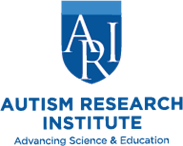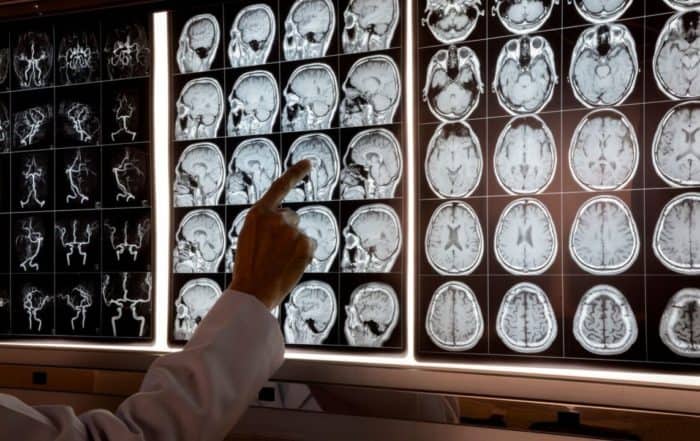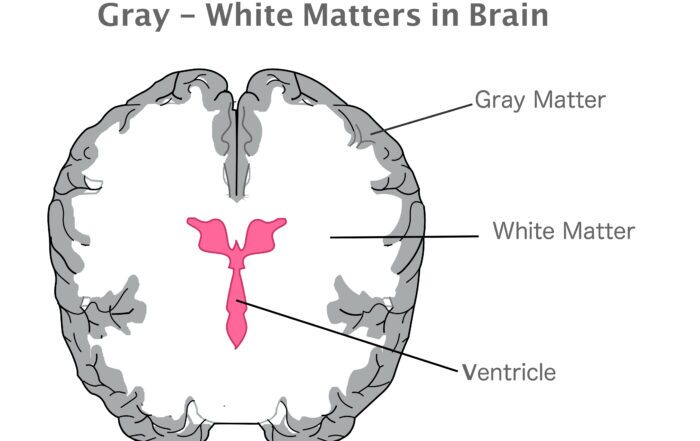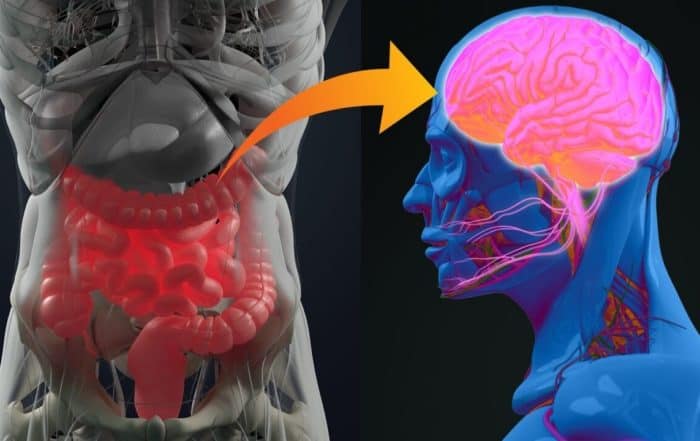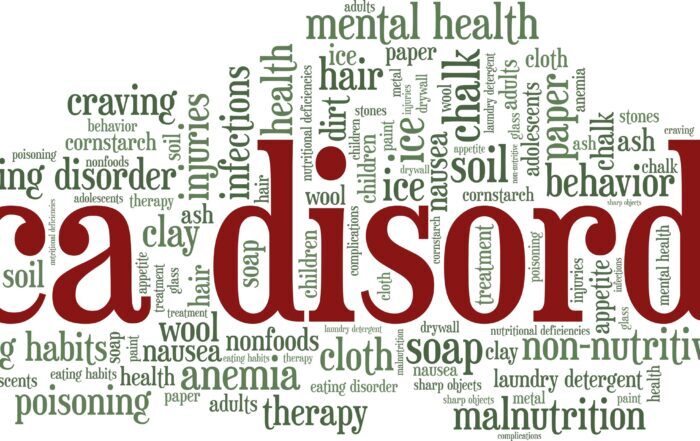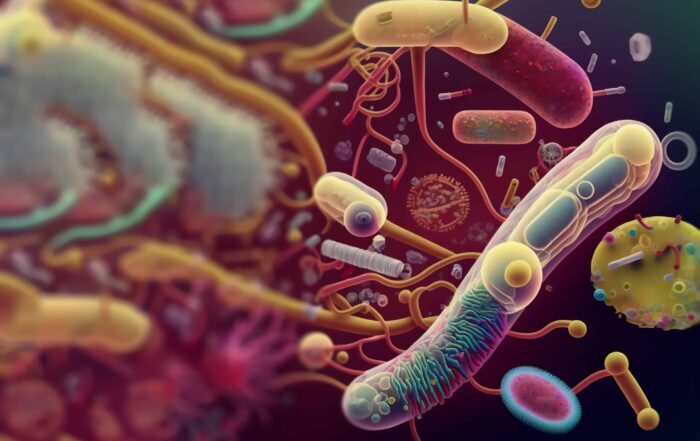Dr. Fasano considers the interplay of environmental factors and the gut microbiome in autism presentation and pathogenesis. He explains intestinal permeability and highlights the role that environmental factors like gluten play in the leaky gut theory. The speaker considers the complexity of the microbiome genome compared to the human genome and describes contemporary theories explaining the co-occurrence of GI conditions in autism. Fasano underscores the need for personalized medical care and cross-discipline investigation before the Q&A.
Free certificates of participation are available upon successful completion of a learning quiz at: https://www.classmarker.com/online-test/start/?quiz=t665357ea6247811
In this webinar:
1:06 – Lecture objectives and introduction
2:50 – GI disorders in autism
5:20 – Autism pathogenesis
6:37 – Linkage findings and autism chromosomes
8:40 – Environmental risk factors
10:20 – Gluten, an environmental trigger
11:50 – The intestine and the paracellular pathway
14:20 – Leaky Gut Theory and zonulin
17:43 – Zonulin and gluten
20:20 – Autistic children and leaky gut
24:15 – The gut microbiome and autism
27:30 – Two genomes
30:40 – Working hypothesis for GI dysfunction in autism
21:00 – Analogy: Piano and genome interactions
34:40 – GI microbiome and predictors of autism
37:40 – The heterogeneity of autism and personalized medicine
40:50 – Q&A
Autism and GI conditions
Fasano explains that the concept of diseases beginning in the gut dates back to Hippocrates in 460 BC. He notes the importance of the microbiome in a balanced immune response (2:14). The prevalence rate of GI disorders in autistic children ranges from 9 – 91%. The speaker explains that this wide range is due to a lack of uniform assessments, especially for individuals who communicate differently. Common GI issues in autism include constipation, diarrhea, vomiting, abdominal pain, enteric infections, and GERD (2:50). Current understanding of autism pathogenesis, Fasano states, identifies three main drivers: genetic components, environmental effects, and the gut microbiome (5:20). The speaker outlines chromosomal linkage findings (6:37), underscoring the importance of genetics in autism pathogenesis. Evidence suggests that exposure to environmental risk factors also plays a role in autism (8:40). The speaker details the evolutionary interaction between the human gut and gluten, noting that gluten and casein are common environmental triggers in autism (10:20).
The paracellular pathway and leaky gut
Fasano explains that the total surface area of an adult intestine wall is around 3,000 square feet (11:50). The entirety of the intestine wall interacts with the gut microbiome and contains doors between cells (paracellular pathways) that can be opened and closed. These paracellular pathways (i.e., intestinal permeability) are tightly controlled by zonulin modulators – the only enzymes that can activate intestinal permeability (open the doors) (13:20). The speaker describes the leaky gut theory as an imbalance in gut zonulin production levels which leads to misregulation of paracellular pathways (14:20). He explains that the zonulin gene is located on chromosome 16 which contains 3% of the human genome and is linked to autoimmune diseases, cancers, and diseases of the nervous system (15:46). A known environmental trigger that causes zonulin release is gluten. Fasano notes that the human gut did not evolve to digest gluten, so this increased zonulin release happens in everyone. However, he continues, for a subgroup with specific genetic dispositions (e.g., autism), leaky gut is a likely outcome (17:43). Gluten-free and casein-free (GFCF) diets are common treatment strategies in autism, and Fasano asserts that their efficacy is related to gluten’s role as an environmental trigger for zonulin (20:20).
The gut microbiome and autism
The human gut microbiome comprises 100 times more genes than the human genome (27:30). The gut microbiome is understood to play a clear and integral role in complex conditions like autism (24:15). Fasano outlines the current working hypothesis for the pathogenesis of autism and GI conditions. He explains that microorganisms leave the gut and enter the body when the gut leaks due to environmental and genetic factors. Immune cells in the body try to eliminate those microbes. Over time, this causes inflammation in the gut and brain, leading to GI issues and other autism traits (30:40). The speaker uses a piano analogy to demonstrate the interplay of the human and microbiome genomes (32:00).
What’s next?
Fasano discusses differences in gut metabolites in autistic kids compared to their non-autistic counterparts. He highlights the potential for identifying predictors of autism in the GI microbiome and what that could mean for future treatments (34:40). The speaker notes contradicting efficacies of GFCF diets in autism research and asserts that these disparities reflect the heterogeneous nature of autism (37:40). He, therefore, calls for cross-disciplinary, personalized treatment strategies and autism treatment investigation (39:00). Fasano urges practitioners and researchers to keep an open mind in autism diagnosis and treatment before the Q&A (40:50).
Published: 04/23/2014 Length: 00:51:05
 Dr. Fasano completed his medical training at the University of Naples in Italy, and in 1993 he founded the University of Maryland School of Medicine’s Division of Pediatric Gastroenterology and Nutrition. Ten years later, Dr. Fasano published the groundbreaking study in the Annals of Medicine that established the prevalence rate of celiac disease at one in 133 people in the U.S. In 1996 Dr. Fasano founded the Center for Celiac Research, the first celiac center in the United States, which is currently located at MassGeneral Hospital for Children. Clinical and research work at the Center has helped to identify the new disorder of non-celiac gluten sensitivity as a condition on the spectrum of gluten-related disorders. Dr. Fasano leads a team of researchers across nine countries and enjoys research partnerships with institutions around the world. He has published more than 200 peer-reviewed papers and he has received numerous awards for his translational science and other achievements. Dr. Fasano has been named one of America’s Top Doctors by Castle Connolly for five consecutive years (2007-2011) and was a 2005 finalist for the NIH Director’s Pioneer Award. In the year 2000 Dr. Fasano’s team discovered “zonulin,” the molecule which regulates intestinal permeability, also known as “leaky gut”, and their totally ground-breaking research has linked an overproduction of zonulin to the development of a series of autoimmune diseases, including type 1 diabetes, celiac disease and multiple sclerosis.
Dr. Fasano completed his medical training at the University of Naples in Italy, and in 1993 he founded the University of Maryland School of Medicine’s Division of Pediatric Gastroenterology and Nutrition. Ten years later, Dr. Fasano published the groundbreaking study in the Annals of Medicine that established the prevalence rate of celiac disease at one in 133 people in the U.S. In 1996 Dr. Fasano founded the Center for Celiac Research, the first celiac center in the United States, which is currently located at MassGeneral Hospital for Children. Clinical and research work at the Center has helped to identify the new disorder of non-celiac gluten sensitivity as a condition on the spectrum of gluten-related disorders. Dr. Fasano leads a team of researchers across nine countries and enjoys research partnerships with institutions around the world. He has published more than 200 peer-reviewed papers and he has received numerous awards for his translational science and other achievements. Dr. Fasano has been named one of America’s Top Doctors by Castle Connolly for five consecutive years (2007-2011) and was a 2005 finalist for the NIH Director’s Pioneer Award. In the year 2000 Dr. Fasano’s team discovered “zonulin,” the molecule which regulates intestinal permeability, also known as “leaky gut”, and their totally ground-breaking research has linked an overproduction of zonulin to the development of a series of autoimmune diseases, including type 1 diabetes, celiac disease and multiple sclerosis.
Research Updates: GI Symptoms & Behavior
Free webinar at 1 p.m. Eastern time (US), Wednesday, November 20, 2024 About the speaker: Dr. Bradley Ferguson, PhD is an Assistant Research Professor, MU School of Medicine.
Improving Clinical Understanding of Autism
Free webinar at 1 p.m. Eastern time (US), Wednesday, November 6, 2024 Learn about emerging research on improvements in clinical understanding that can be gained by applying findings from the neurosciences field.
White Matter Development and Language in Autism
Free webinar at 1 p.m. Eastern time (US), Wednesday, April 24, 2024 Learn about emerging research on white matter development and language abilities during infancy in autism. The speaker:
The Gut, Autism, and Mental Health
Learn about the relationship between the gut-brain axis, mental health, and autism. The speaker: Calliope Holingue, MPH, PhD is a research faculty member at the Center for
Autism and Pica
Dean Alexander, Ph.D., discusses pica, the ingestion of non-food substances, which has received insufficient attention as a common, sometimes lethal, form of self-injurious behavior. He discusses the prevalence of pica in autistic
Microbiota therapy may lead to lasting beneficial changes in the gut health of children with autism
Microbiota transfer therapy (MTT) may lead to long-term improvements in the gut health of children with autism spectrum disorders (ASD), according to a recent study by Khemlal Nirmalkar and colleagues at

